THE ROVING EYE
Exposed: The US-Saudi Libya deal
By Pepe Escobar
Exposed: The US-Saudi Libya deal
By Pepe Escobar
To follow Pepe's articles on the Great Arab Revolt, please click here.
You invade Bahrain. We take out Muammar Gaddafi in Libya. This, in short, is the essence of a deal struck between the Barack Obama administration and the House of Saud. Two diplomatic sources at the United Nations independently confirmed that Washington, via Secretary of State Hillary Clinton, gave the go-ahead for Saudi Arabia to invade Bahrain and crush the pro-democracy movement in their neighbor in exchange for a "yes" vote by the Arab League for a no-fly zone over Libya - the main rationale that led to United Nations Security Council resolution 1973.
The revelation came from two different diplomats, a European and a member of the BRIC group, and was made separately to a US scholar and Asia Times Online. According to diplomatic protocol, their names cannot be disclosed. One of the diplomats said, "This is the reason why we could not support resolution 1973. We were arguing that Libya, Bahrain and Yemen were similar cases, and calling for a fact-finding mission. We maintain our official position that the resolution is not clear, and may be interpreted in a belligerent manner."
As Asia Times Online has reported, a full Arab League endorsement of a no-fly zone is a myth. Of the 22 full members, only 11 were present at the voting. Six of them were Gulf Cooperation Council (GCC) members, the US-supported club of Gulf kingdoms/sheikhdoms, of which Saudi Arabia is the top dog. Syria and Algeria were against it. Saudi Arabia only had to "seduce" three other members to get the vote.
Translation: only nine out of 22 members of the Arab League voted for the no-fly zone. The vote was essentially a House of Saud-led operation, with Arab League secretary general Amr Moussa keen to polish his CV with Washington with an eye to become the next Egyptian President.
Thus, in the beginning, there was the great 2011 Arab revolt. Then, inexorably, came the US-Saudi counter-revolution.
Profiteers rejoice
Humanitarian imperialists will spin en masse this is a "conspiracy", as they have been spinning the bombing of Libya prevented a hypothetical massacre in Benghazi. They will be defending the House of Saud - saying it acted to squash Iranian subversion in the Gulf; obviously R2P - "responsibility to protect" does not apply to people in Bahrain. They will be heavily promoting post-Gaddafi Libya as a new - oily - human rights Mecca, complete with US intelligence assets, black ops, special forces and dodgy contractors.
Whatever they say won't alter the facts on the ground - the graphic results of the US-Saudi dirty dancing. Asia Times Online has already reported on who profits from the foreign intervention in Libya (see There's no business like war business, March 30). Players include the Pentagon (via Africom), the North Atlantic Treaty Organization (NATO), Saudi Arabia, the Arab League's Moussa, and Qatar. Add to the list the al-Khalifa dynasty in Bahrain, assorted weapons contractors, and the usual neo-liberal suspects eager to privatize everything in sight in the new Libya - even the water. And we're not even talking about the Western vultures hovering over the Libyan oil and gas industry.
Exposed, above all, is the astonishing hypocrisy of the Obama administration, selling a crass geopolitical coup involving northern Africa and the Persian Gulf as a humanitarian operation. As for the fact of another US war on a Muslim nation, that's just a "kinetic military action".
There's been wide speculation in both the US and across the Middle East that considering the military stalemate - and short of the "coalition of the willing" bombing the Gaddafi family to oblivion - Washington, London and Paris might settle for the control of eastern Libya; a northern African version of an oil-rich Gulf Emirate. Gaddafi would be left with a starving North Korea-style Tripolitania.
But considering the latest high-value defections from the regime, plus the desired endgame ("Gaddafi must go", in President Obama's own words), Washington, London, Paris and Riyadh won't settle for nothing but the whole kebab. Including a strategic base for both Africom and NATO.
Round up the unusual suspects
One of the side effects of the dirty US-Saudi deal is that the White House is doing all it can to make sure the Bahrain drama is buried by US media. BBC America news anchor Katty Kay at least had the decency to stress, "they would like that one [Bahrain] to go away because there's no real upside for them in supporting the rebellion by the Shi'ites."
For his part the emir of Qatar, Sheikh Hamad bin Khalifa al Thani, showed up on al-Jazeera and said that action was needed because the Libyan people were attacked by Gaddafi. The otherwise excellent al-Jazeera journalists could have politely asked the emir whether he would send his Mirages to protect the people of Palestine from Israel, or his neighbors in Bahrain from Saudi Arabia.
The al-Khalifa dynasty in Bahrain is essentially a bunch of Sunni settlers who took over 230 years ago. For a great deal of the 20th century they were obliging slaves of the British empire. Modern Bahrain does not live under the specter of a push from Iran; that's an al-Khalifa (and House of Saud) myth.
Bahrainis, historically, have always rejected being part of a sort of Shi'ite nation led by Iran. The protests come a long way, and are part of a true national movement - way beyond sectarianism. No wonder the slogan in the iconic Pearl roundabout - smashed by the fearful al-Khalifa police state - was "neither Sunni nor Shi'ite; Bahraini".
What the protesters wanted was essentially a constitutional monarchy; a legitimate parliament; free and fair elections; and no more corruption. What they got instead was "bullet-friendly Bahrain" replacing "business-friendly Bahrain", and an invasion sponsored by the House of Saud.
And the repression goes on - invisible to US corporate media. Tweeters scream that everybody and his neighbor are being arrested. According to Nabeel Rajab, president of the Bahrain Center for Human Rights, over 400 people are either missing or in custody, some of them "arrested at checkpoints controlled by thugs brought in from other Arab and Asian countries - they wear black masks in the streets." Even blogger Mahmood Al Yousif was arrested at 3 am, leading to fears that the same will happen to any Bahraini who has blogged, tweeted, or posted Facebook messages in favor of reform.
Globocop is on a roll
Odyssey Dawn is now over. Enter Unified Protector - led by Canadian Charles Bouchard. Translation: the Pentagon (as in Africom) transfers the "kinetic military action " to itself (as in NATO, which is nothing but the Pentagon ruling over Europe). Africom and NATO are now one.
The NATO show will include air and cruise missile strikes; a naval blockade of Libyia; and shady, unspecified ground operations to help the "rebels". Hardcore helicopter gunship raids a la AfPak - with attached "collateral damage" - should be expected.
A curious development is already visible. NATO is deliberately allowing Gaddafi forces to advance along the Mediterranean coast and repel the "rebels". There have been no surgical air strikes for quite a while.
The objective is possibly to extract political and economic concessions from the defector and Libyan exile-infested Interim National Council (INC) - a dodgy cast of characters including former Justice minister Mustafa Abdel Jalil, US-educated former secretary of planning Mahmoud Jibril, and former Virginia resident, new "military commander" and CIA asset Khalifa Hifter. The laudable, indigenous February 17 Youth movement - which was in the forefront of the Benghazi uprising - has been completely sidelined.
This is NATO's first African war, as Afghanistan is NATO's first Central/South Asian war. Now firmly configured as the UN's weaponized arm, Globocop NATO is on a roll implementing its "strategic concept" approved at the Lisbon summit last November (see Welcome to NATOstan, Asia Times Online, November 20, 2010).
Gaddafi's Libya must be taken out so the Mediterranean - the mare nostrum of ancient Rome - becomes a NATO lake. Libya is the only nation in northern Africa not subordinated to Africom or Centcom or any one of the myriad NATO "partnerships". The other non-NATO-related African nations are Eritrea, Sawahiri Arab Democratic Republic, Sudan and Zimbabwe.
Moreover, two members of NATO's "Istanbul Cooperation Initiative" - Qatar and the United Arab Emirates - are now fighting alongside Africom/NATO for the fist time. Translation: NATO and Persian Gulf partners are fighting a war in Africa. Europe? That's too provincial. Globocop is the way to go.
According to the Obama administration's own official doublespeak, dictators who are eligible for "US outreach" - such as in Bahrain and Yemen - may relax, and get away with virtually anything. As for those eligible for "regime alteration", from Africa to the Middle East and Asia, watch out. Globocop NATO is coming to get you. With or without dirty deals.
Pepe Escobar is the author of Globalistan: How the Globalized World is Dissolving into Liquid War (Nimble Books, 2007) and Red Zone Blues: a snapshot of Baghdad during the surge. His new book, just out, is Obama does Globalistan (Nimble Books, 2009).
He may be reached at pepeasia@yahoo.com.



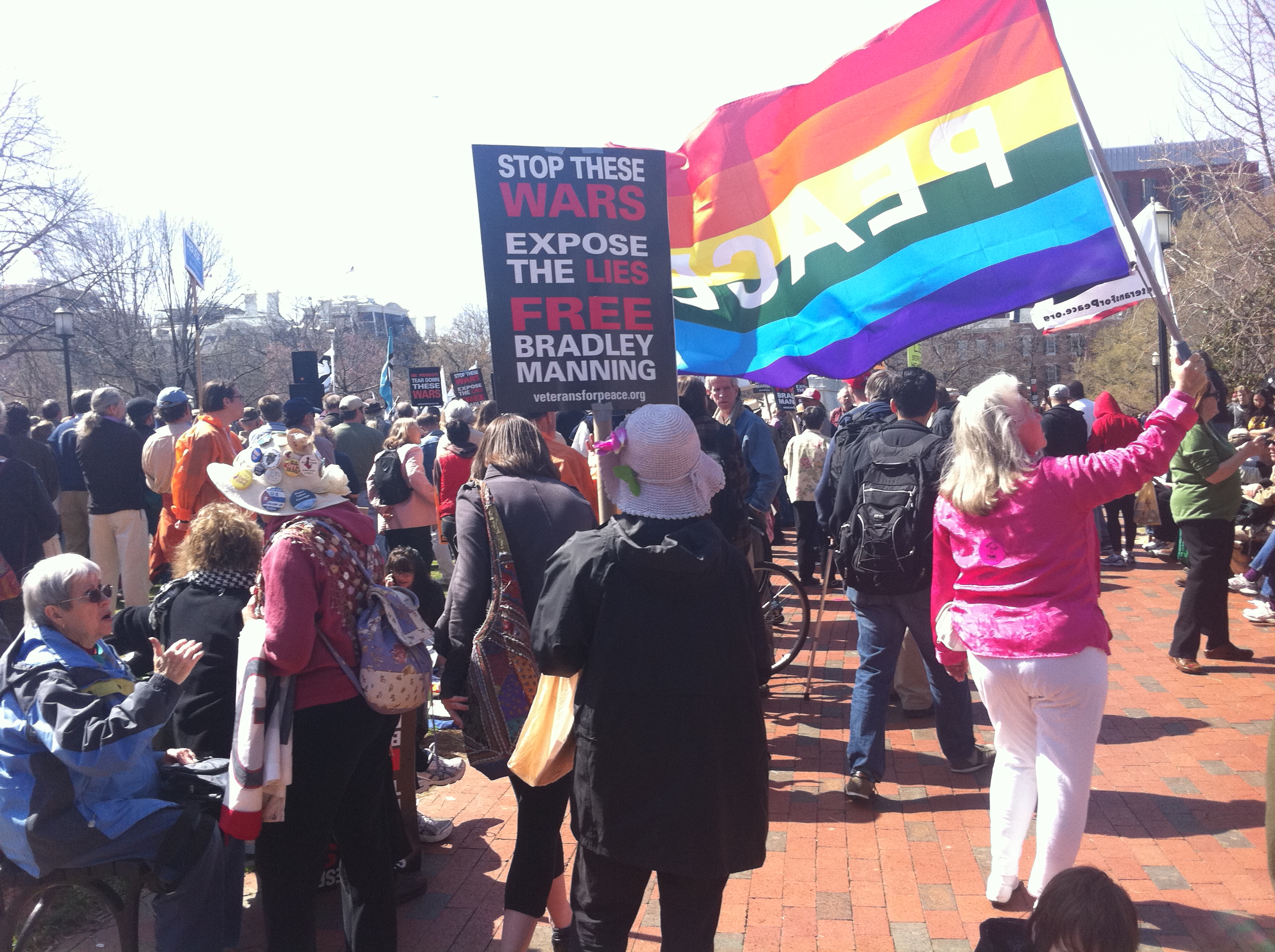
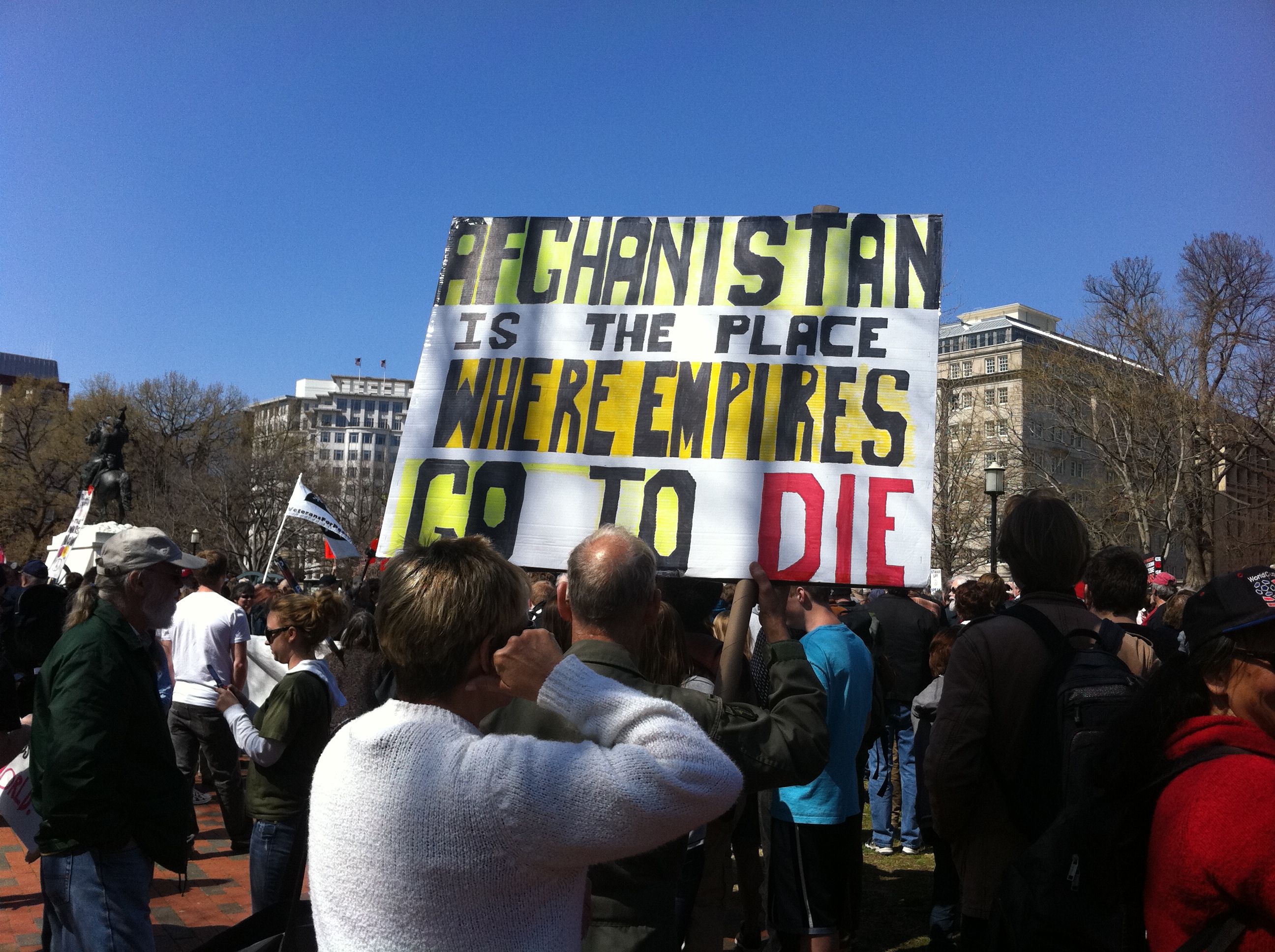
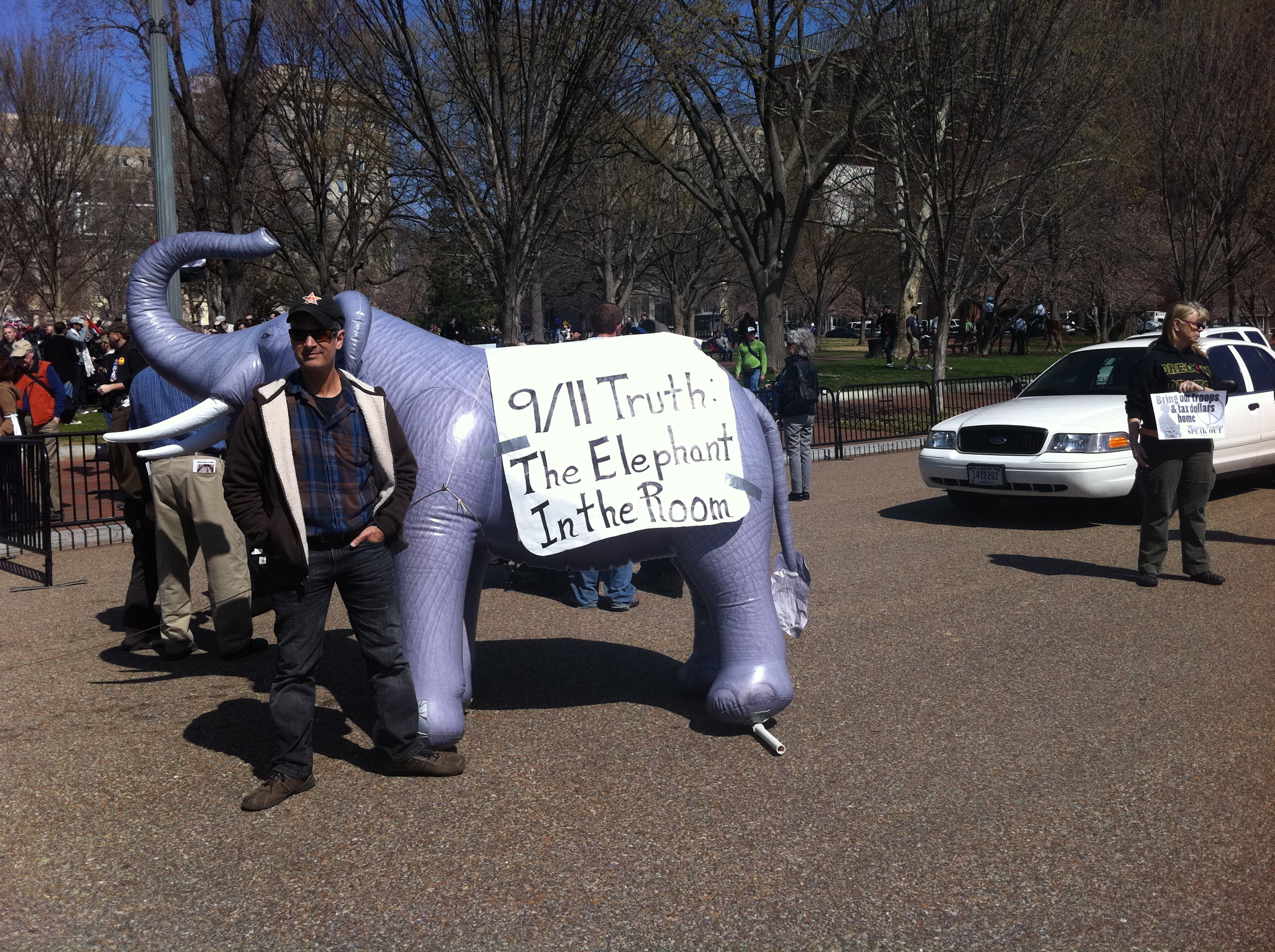
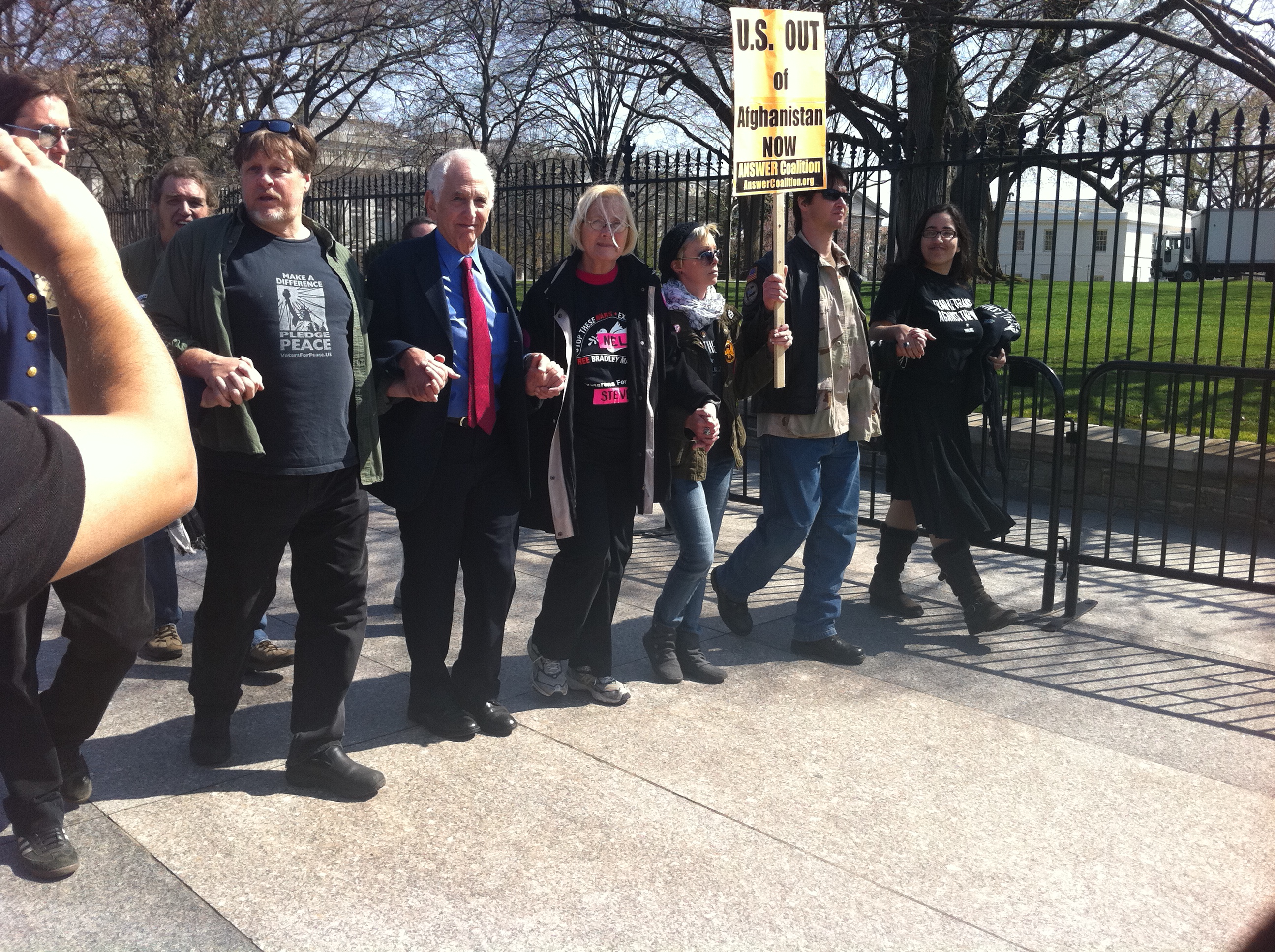
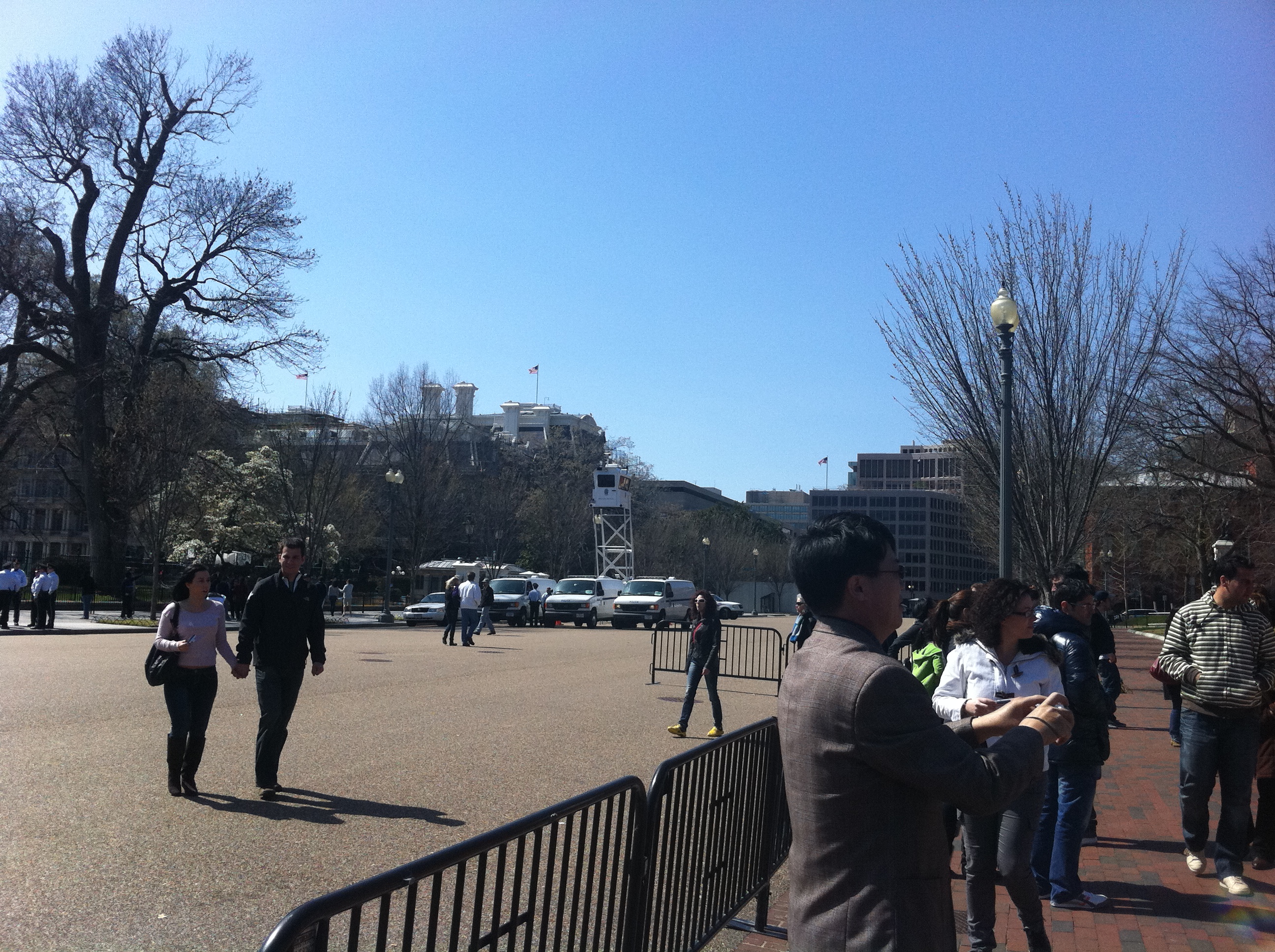
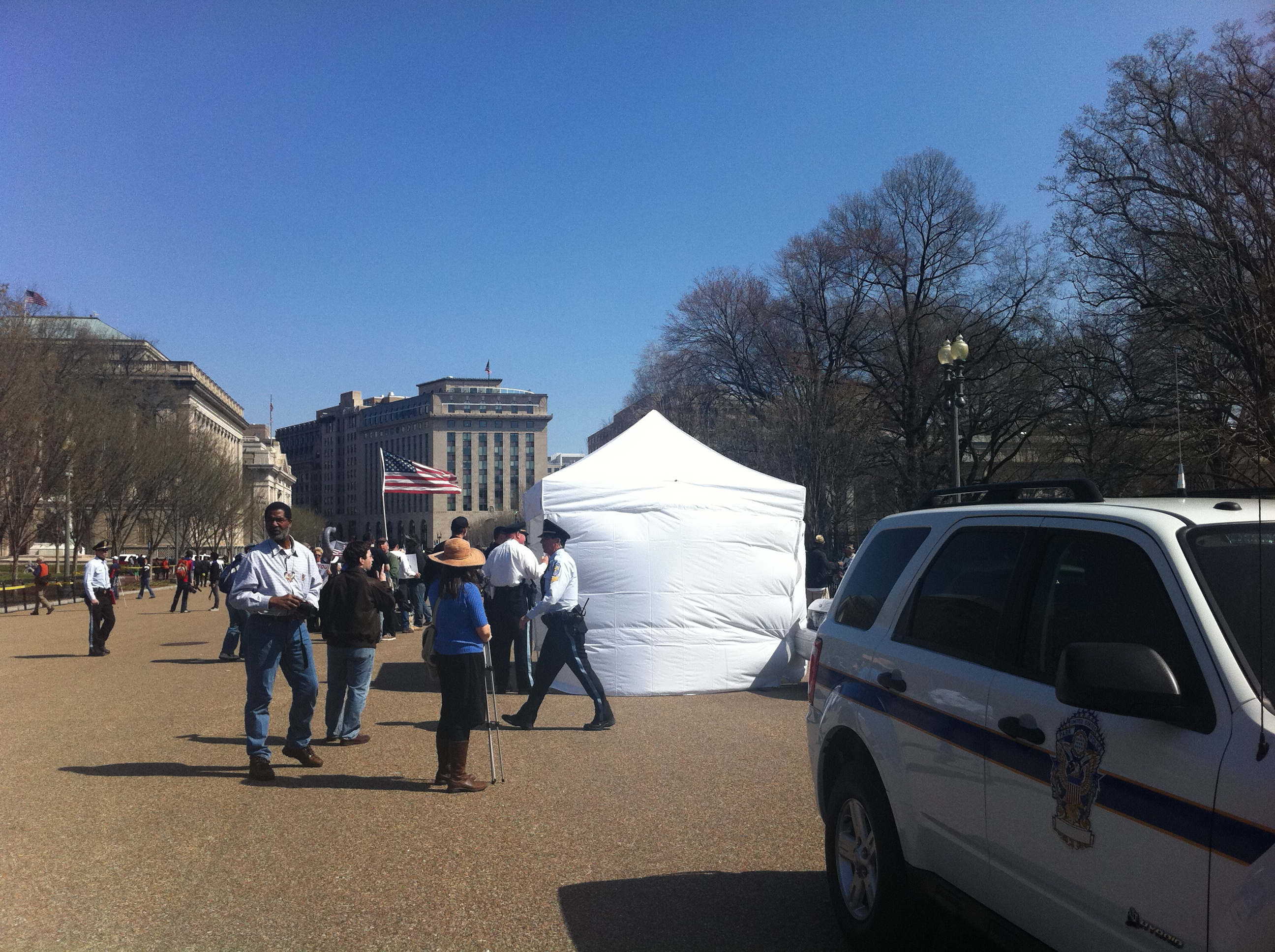
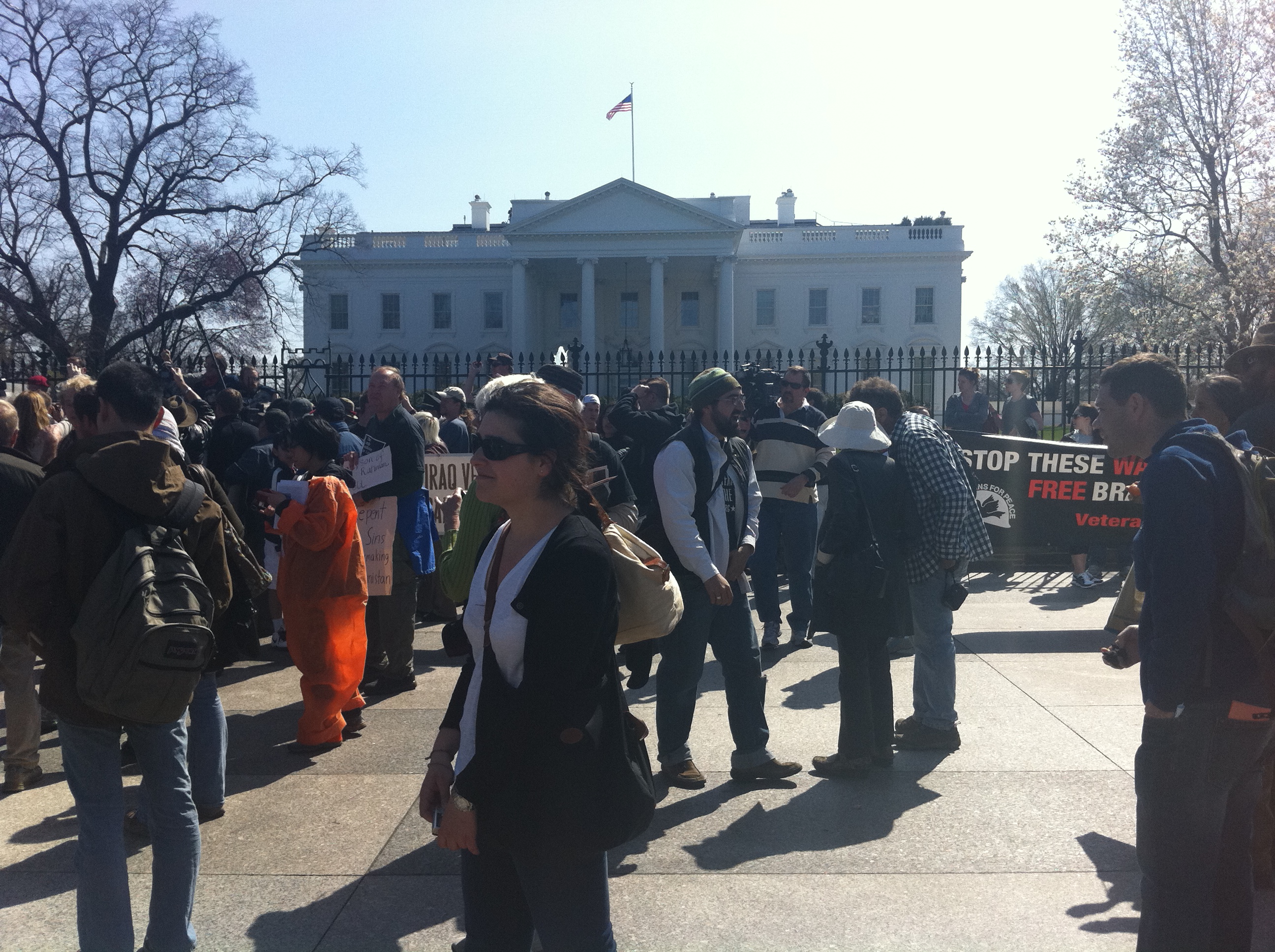
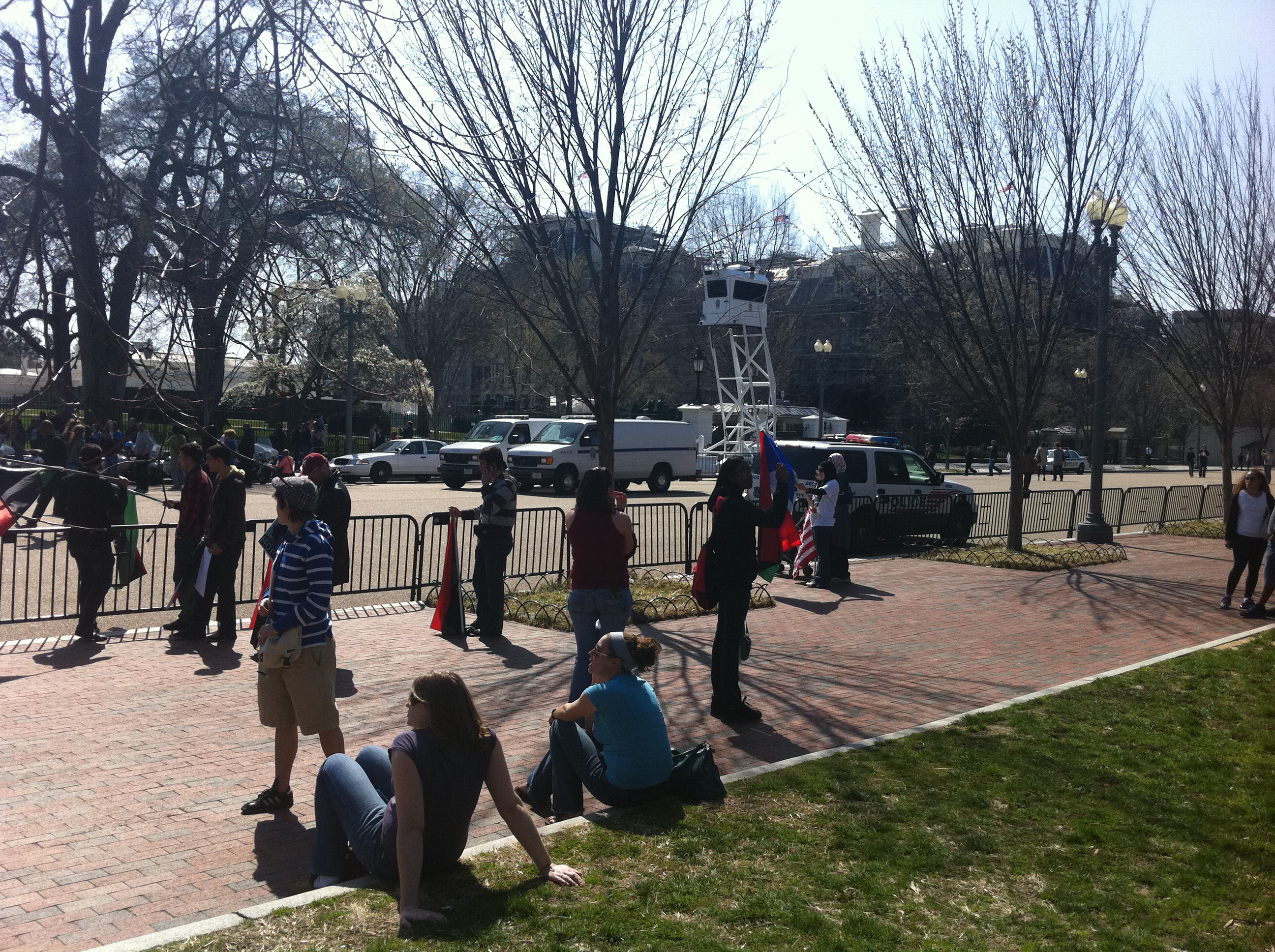
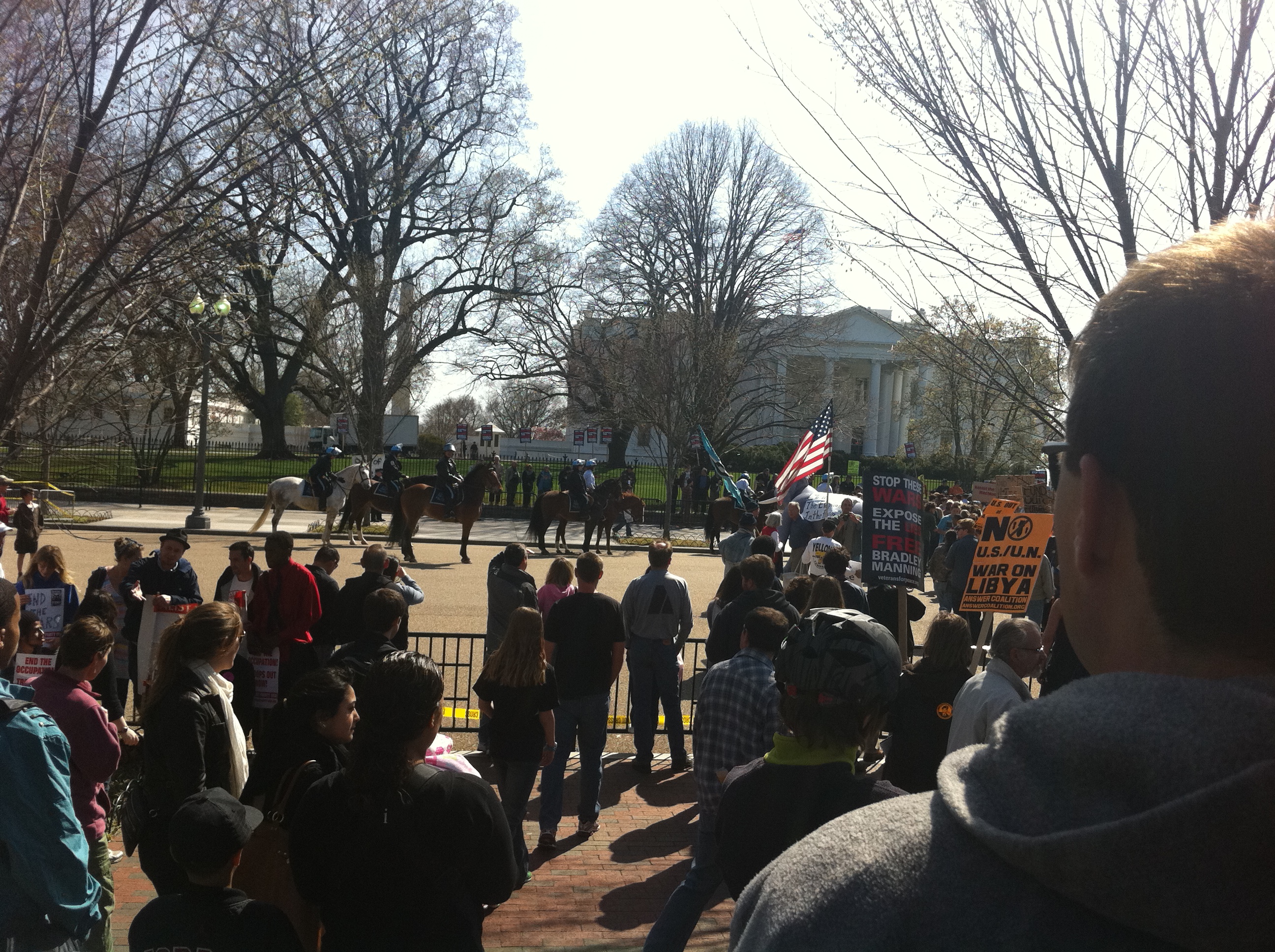
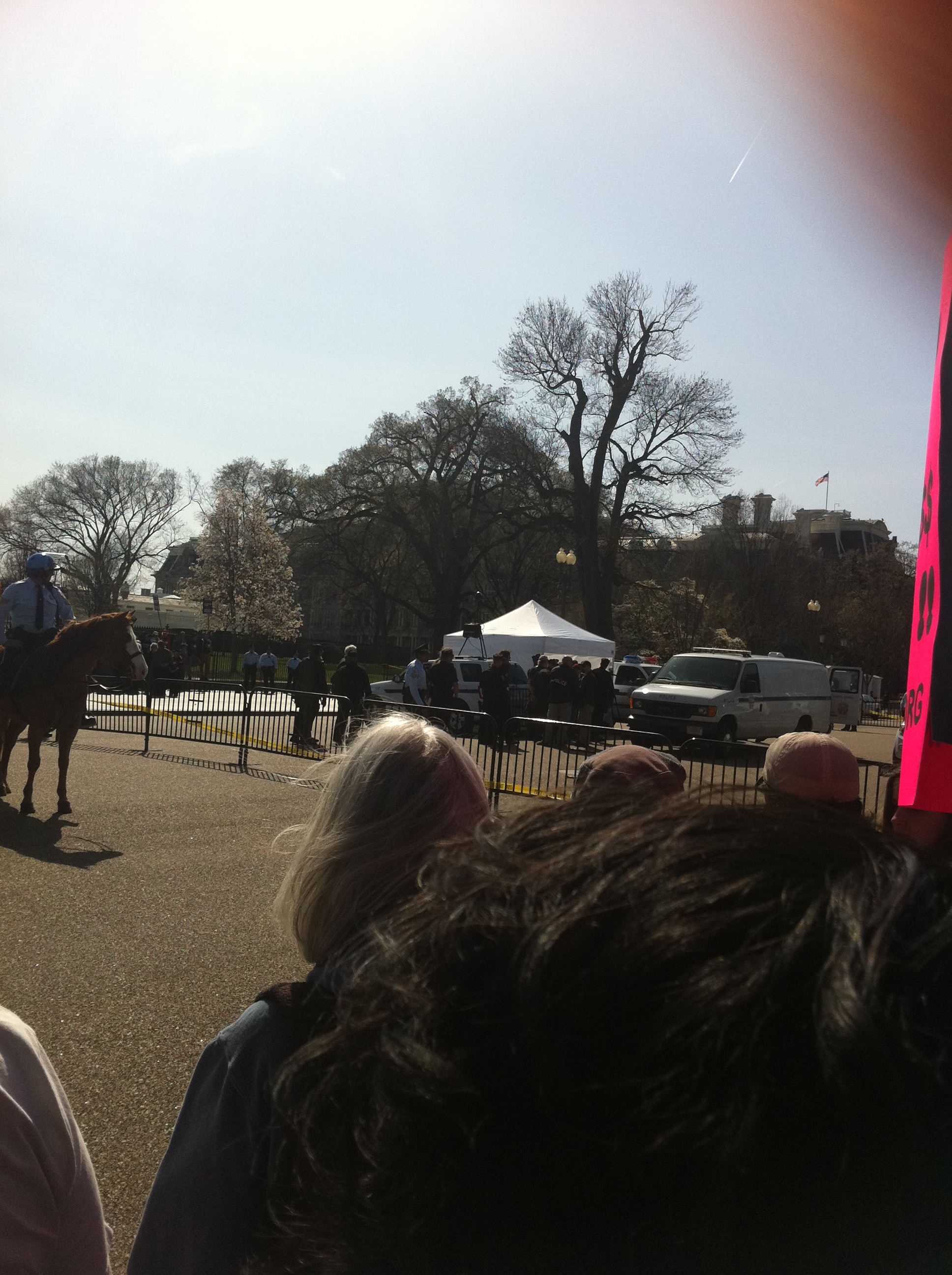 L
L